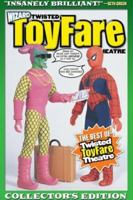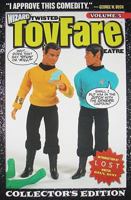Ohne Sympathie keine Heilung. Das klinische Tagebuch von 1932
Select Format
Select Condition 
Book Overview
In the half-century since his death, the Hungarian analyst S?ndor Ferenczi has amassed an influential following within the psychoanalytic community. During his lifetime Ferenczi, a respected associate and intimate of Freud, unleashed widely disputed ideas that influenced greatly the evolution of modern psychoanalytic technique and practice. In a sequence of short, condensed entries, S?ndor Ferenczi's Diary records self-critical reflections on conventional theory--as well as criticisms of Ferenczi's own experiments with technique--and his obstinate struggle to divest himself and psychoanalysis of professional hypocrisy. From these pages emerges a hitherto unheard voice, speaking to his heirs with startling candor and forceful originality--a voice that still resonates in the continuing debates over the nature of the relationship in psychoanalytic practice.
Format:Paperback
Language:English
ISBN:067413527X
ISBN13:9780674135277
Release Date:March 1995
Publisher:Harvard University Press
Length:256 Pages
Weight:1.00 lbs.
Dimensions:0.7" x 6.1" x 9.2"
Customer Reviews
5 customer ratings | 3 reviews
There are currently no reviews. Be the first to review this work.





























